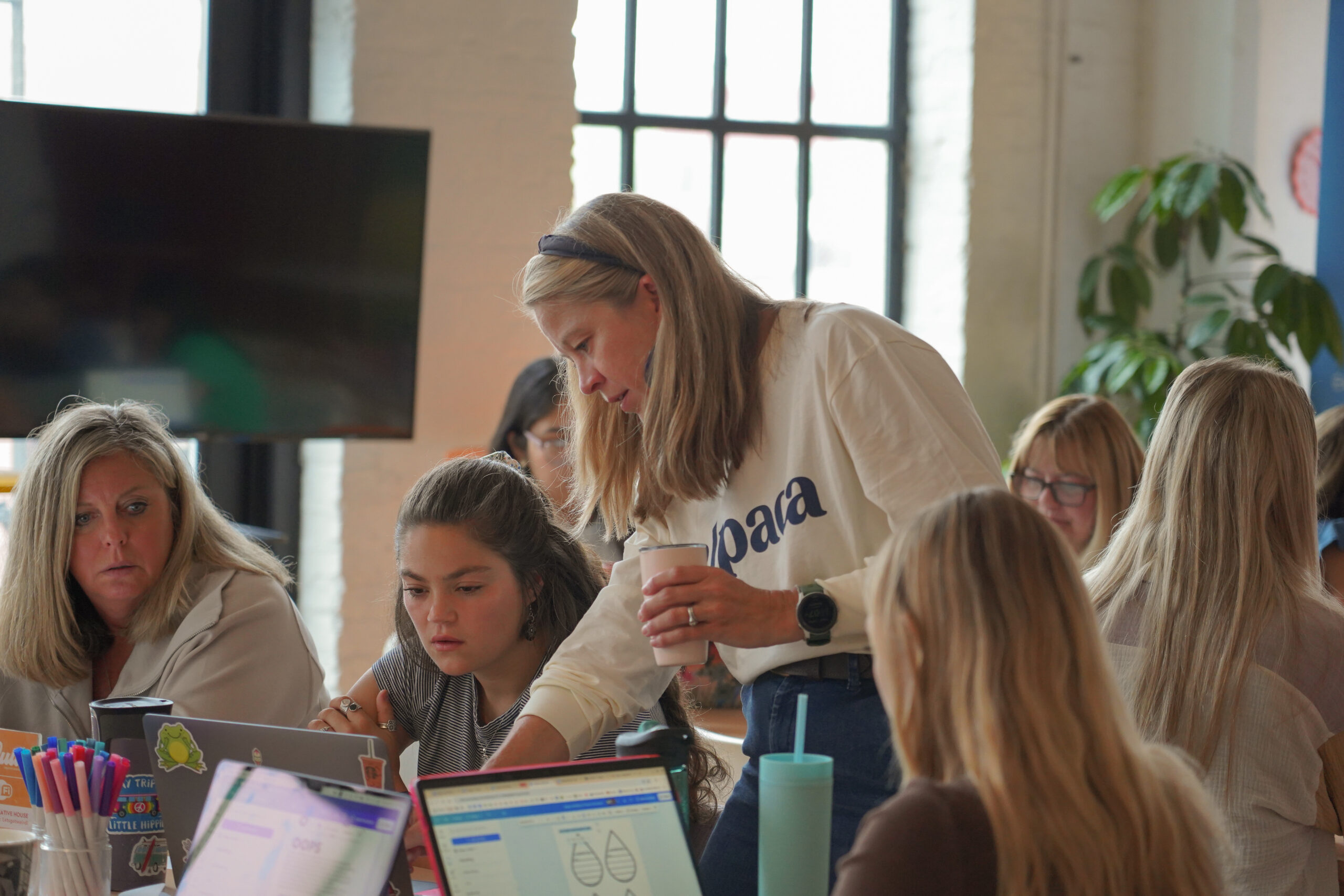 Next week, a group of students from around Omaha will convene at Gallup before embarking on 3 Day Startup, a weekend program to form teams and create startups.
Next week, a group of students from around Omaha will convene at Gallup before embarking on 3 Day Startup, a weekend program to form teams and create startups.
There they’ll take Gallup’s new Entrepreneurial StrengthsFinder, an online test that helps individuals and teams understand their strengths, weaknesses and what traits they need to be successful.
Organizers hope taking the test will help form better teams.
That’s also the hope of Dr. Sangeeta Badal, a long-time Nebraskan who helped create the test that was released this September.
She said an entrepreneurial assessment could help students identify their skills early, investors identify good business leaders to invest in and established entrepreneurs find their weakness to work on.
Badal, who has a Ph.D in economic development, saw plenty of research on outside factors that affect entrepreneurship and startups—things like taxes, economic conditions, policies, location, industry—but relatively little on what traits make a successful entrepreneur.
“Understanding your role in your business and understanding what you need to be successful is so important to avoid the pitfalls of your own bias,” she said.
The project began back in 2009, after the economy took a hit and the recession put a focus back on entrepreneurship. She recalls no one was talking about entrepreneurship when she was in school in the 90s.
“It was seen as a strategy for poverty reduction, but now everyone sees it as the foremost strategy of economic growth,” she said.
Because of that emphasis and because of the little research, her team at Gallup set out to interview thousands of founders to discover what behaviors, and therefore talents, help foster business creation and growth. They also interviewed entrepreneurial experts and conducted focus groups.
They took the behaviors they found and distilled them into underlying traits.
While there are many factors, Badal found ten key traits that make a successful entrepreneur:
- Business focus: They base decisions on the potential to make a profit.
- Confidence: They know themselves and understand others.
- Creative thinker: They know how to take an existing product or idea into something even better.
- Delegator: They can assign tasks to the right people and have confidence in others to handle the job.
- Determination: They battle their way through difficult obstacles.
- Independent: They do whatever it takes to make their venture succeed.
- Knowledge-seeker: They constantly keep track of information that is relevant to their growing business.
- Promoter: They do the best job as spokesperson for the business.
- Relationship builder: They good social skills and an ability to build relationships that help their business survive and grow.
- Risk taker: They have good instincts when it comes to managing high-risk situations.
So far, the traits have been validated a number of times through testing more than 30,000 students, entrepreneurs and regular people including students in Nebraska and Mexico and entrepreneurs throughout the United States and Europe.
Gallup also partnered with Inc. Magazine to have 155 of the magazine’s Inc. 500 top entrepreneurs to take the test. Most scored in the 90th percentile.
“Those results were amazing because it showed how an externally identified sample of highly succesful entreprenurs with huge potenital matched up well with our assesment,” Badal said. “That was a huge validation.”
The 30 minute online assessment is a series of multiple choice and ranking questions that center on personal behavior.
Things like: “I shy away from challenges.” “I build relationships slowly.” “It’s easy for me to overcome obstacles.” “I love change and variety.”
Multiple choice questions include “How do you react to pressure?” “How responsible are you?”
“It gets at behaviors that individuals own,” she said.
The assessment, which costs $12 and is available online through Gallup, also has a companion book, written by Badal and Gallup Chairman and CEO Jim Clifton.
The first half centers on the economic issue of creating jobs and using entrepreneurship as a job creation strategy. He opines on what policies need to be in place and what needs to be done on a macro level to encourage entrepreneurship. In the second half, Badal explains the 10 traits in detail. For instance, she talks about how risk takers have a high capacity to take risks, but also how they are confident, optimistic and comfortable with ambiguity.
“They don’t see themselves as jumping off a cliff, because in their minds, they weren’t risks because they’ve done their homework so well and know how to control the situation,” she said.
Badal said she hopes entrepreneurs, students and just regular people will be able to learn more about themselves through the assessment.
“Each talent you have elicits behaviors and they affect performance.”




